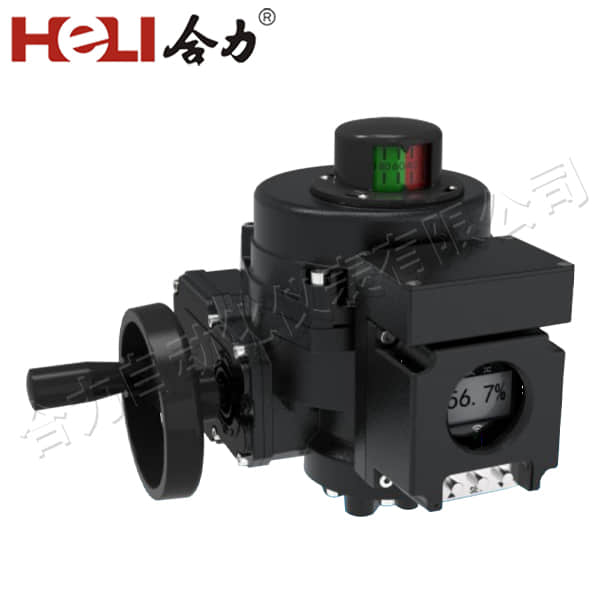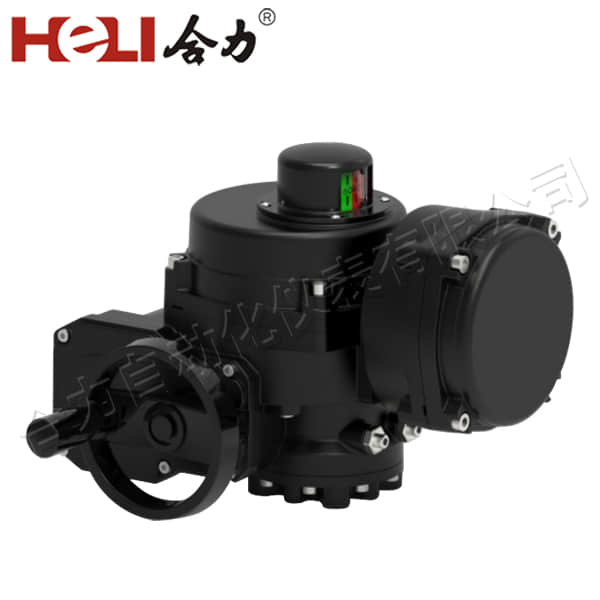
In industrial settings, particularly those involving flammable materials or gases, ensuring safety through effective electrical installations is paramount. Explosion proof electrical installations are designed specifically to prevent the ignition of flammable gases and dust, safeguarding both personnel and property. These installations are essential in sectors such as oil and gas, chemical manufacturing, mining, and other environments where hazardous conditions are present.

Understanding Explosion Proof Standards
The term "explosion proof" refers to equipment and electrical installations that can withstand an explosion of a specific gas or vapor without allowing the explosion to propagate outside the enclosure. The standards for explosion proof installations are governed by various international and national regulations, such as the National Electrical Code (NEC) in the United States, and the ATEX (ATmosphères EXplosibles) directive in Europe. These regulations define the classification of hazardous locations based on the types of gases or vapors present, as well as the level of risk associated with them.
